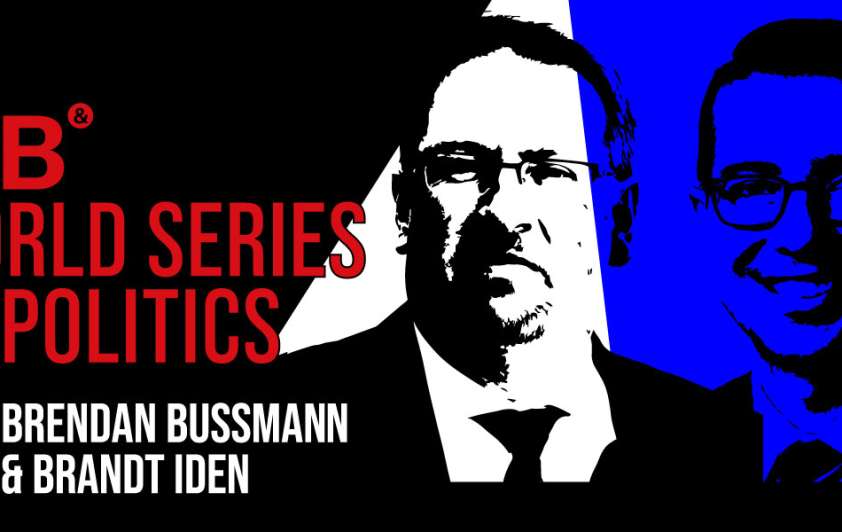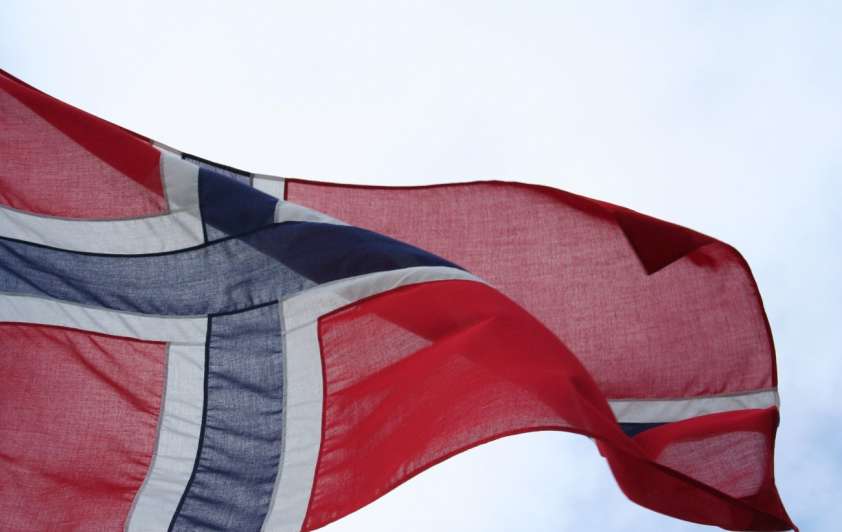Bill Miller could argue that his tenure has seen the most transformative period for the gaming industry since the American Gaming Association was established in 1995. He talks to Robin Harrison about sports betting, gaming expansion, Covid-19, safer gambling and the illegal market in this exclusive interview.
When Bill Miller took charge of the American Gaming Association (AGA) in January 2019, the US commercial gaming industry was poised for a period of explosive growth.
Legal sports betting, thanks to the repeal of the Professional and Amateur Sports Protection Act (PASPA), was rapidly spreading across the US.
The industry as a whole posted its fifth consecutive year of revenue growth for that year, with 2019’s total breaking records at $43.6bn.
The industry generated $10.2bn in gaming taxes for state and local governments with 21 of 25 commercial gaming states posting year-on-year revenue growth. This sum covers annual education costs for 832,000 elementary and secondary scho..












